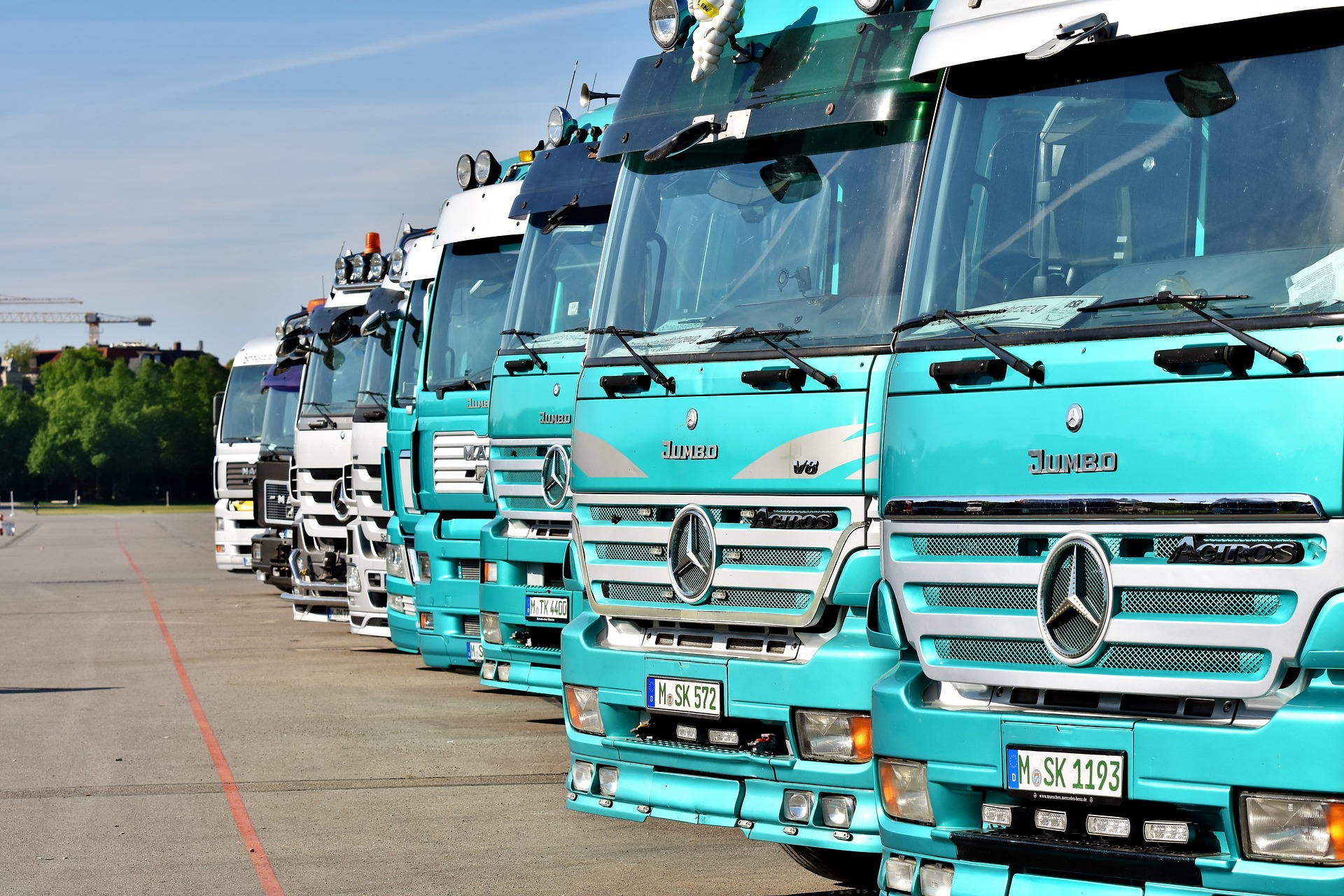.png)
Scientists from the UN’s Intergovernmental Panel on Climate Change (IPCC), have deduced that land used for poultry and cattle farming is responsible for a quarter of all global greenhouse gas emissions (GHGs). Corporate food giants like Tysons, JBS, Cargill, AMD and CP and others operate an industrial food system that uses up more and more land to raise chickens, cows, and pigs, and cultivate the maize and soya as fodder in a cluttered and non-sustainable way.
.jpg)
Scientists have attempted to use the aerodynamics of seed dispersal as the inspiration for a new airborne sensor. The tiny fliers, some of which are smaller than a grain of sand could, in the future float into the atmosphere and monitor the environment.
.png)
In a developing economy like India, rural-urban migration is a growing phenomenon. According to the census of India about 350 million women have migrated to cities, in search of better sources of earning to provide for their families.
.png)
On 5th October 2021, Princeton University professor, won the nobel prize in Physics for developing the Climate Change model. Suki Manabe is a professor of civil and environmental engineering, and public and international affairs, and has worked in Climate studies. Climate models that Manabe built, deal with predicting and analyzing how the world will change as a result of greenhouse gas emissions, and to amplify the enormous benefit of rapidly decreasing greenhouse gas emissions for life on Earth.
.jpg)
Saudi Arabia, which has been synonymous with petroleum, is shifting towards transforming the residue from oil production into more lucrative resources. They are aiming to drastically decrease the degenerative environmental impact in the process.
.png)
The onset of the COVID-19 pandemic has brought about a deep structural change in the Indian economy. During its first wave, India’s rural economy displayed an extraordinary resilience to the effects of the pandemic, an absolute contrast to the situation faced by its urban counterpart; and it soon became obvious that a two-speed economy existed during the first wave, with one sector flourishing as the other struggled to keep up.
.png)
In Pune, sustainability is being pushed, through farm soil and papier-mâché Ganesh idols. Akshay Kauthale and Anay Marathe who are based in the city have created ‘Vruksha Gajanan’ idols, which are not only sustainable but also help grow saplings once they are immersed.

MSME traders will now receive education, hands-on training, resources and guidance on mobilizing their companies, owing to the India Digital Trade Facilitation Forum (IDTFF). Digital payments company Paypal and the Indian Institute of Foreign Trade have entered an MoU which will enable SME traders to commercially digitize their enterprises,marketing, upscaling and help them in the efficient cross-border movements.
Karnataka CM, Besavaraj Bommai met a delegation from Sweden along with several Indian and Swedish companies on the prospects of investing in the state. The Swedish Embassy released a press note with the above statement on 29th September.
.png)
Many civilians have been staging protests in the streets of Jakarta, Indonesia against the ignorance of people's demands to end the ongoing deforestation. On Friday the rally was held following the Indonesian environment minister's criticism of a global plan to end deforestation by 2030.